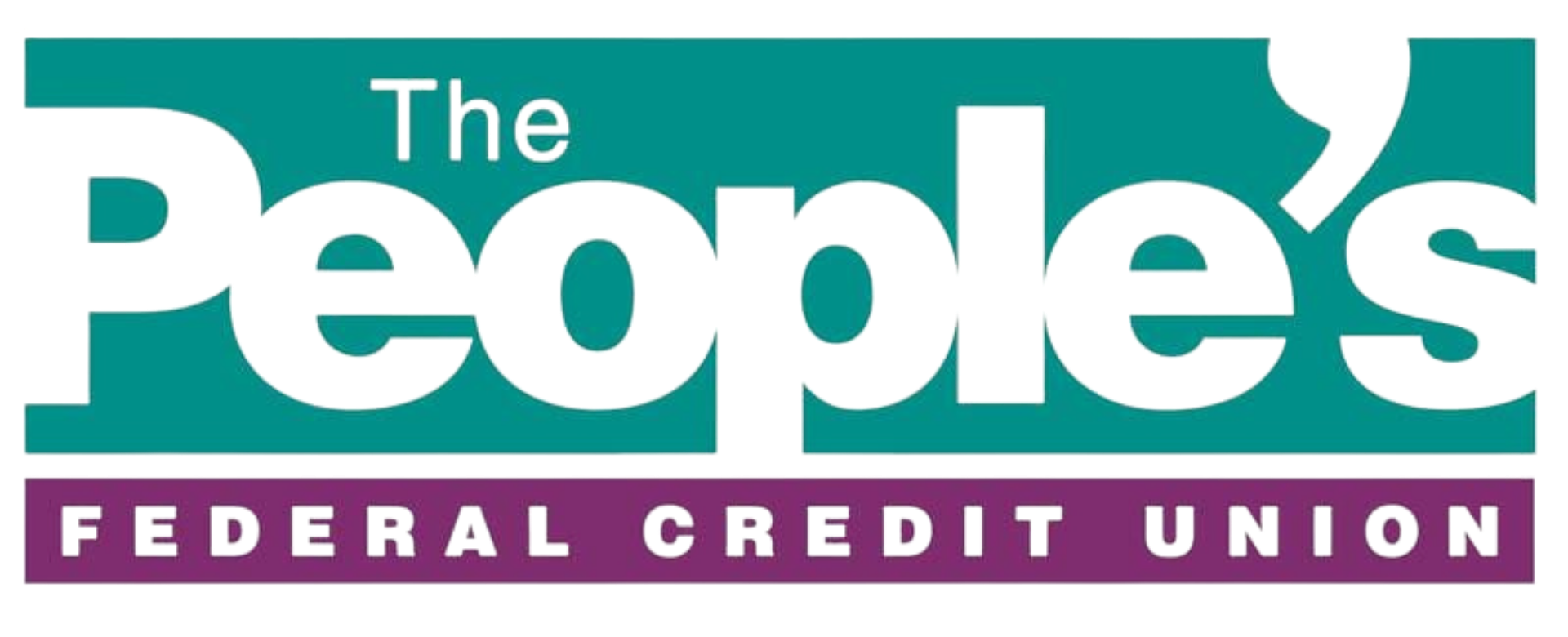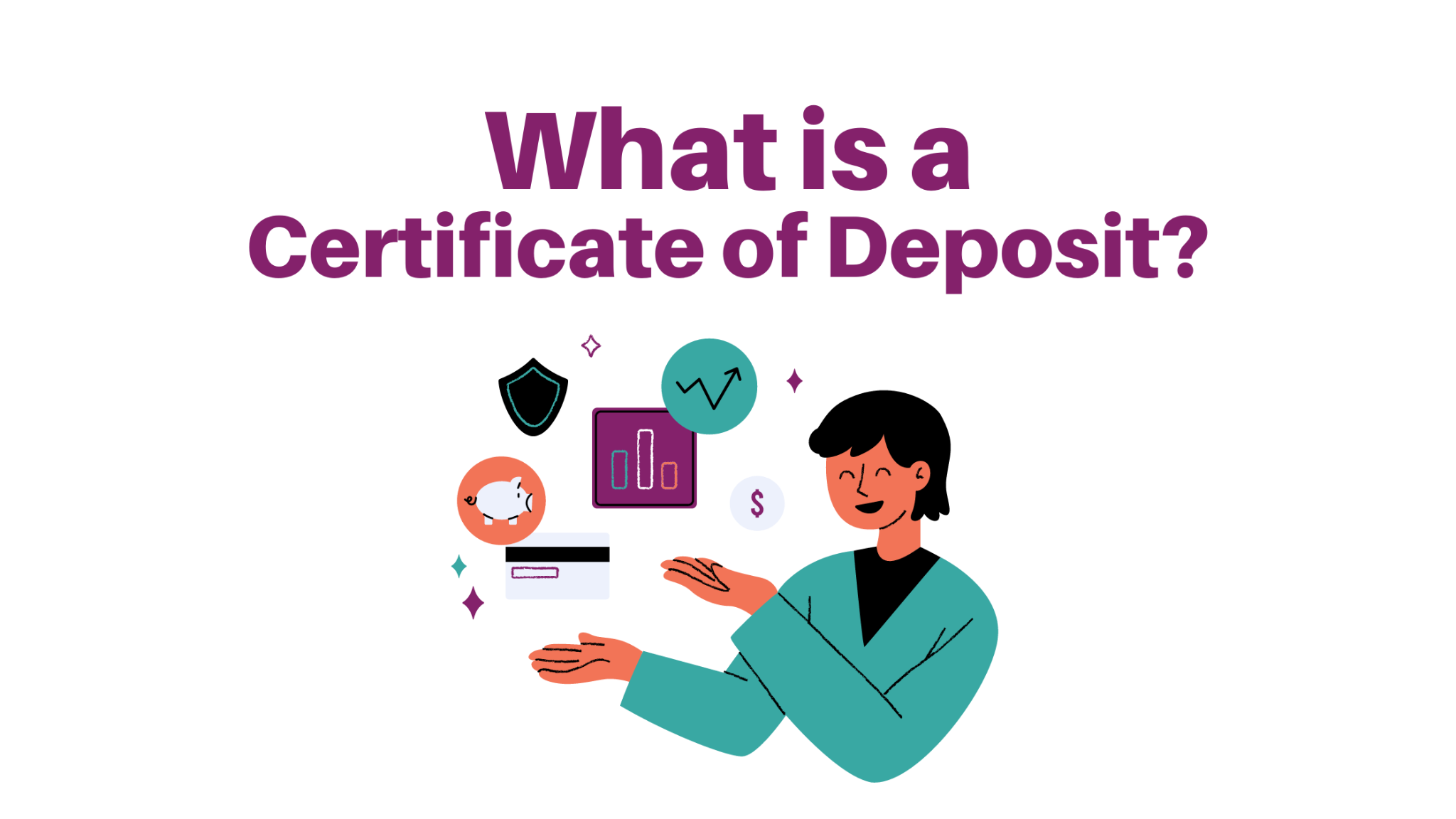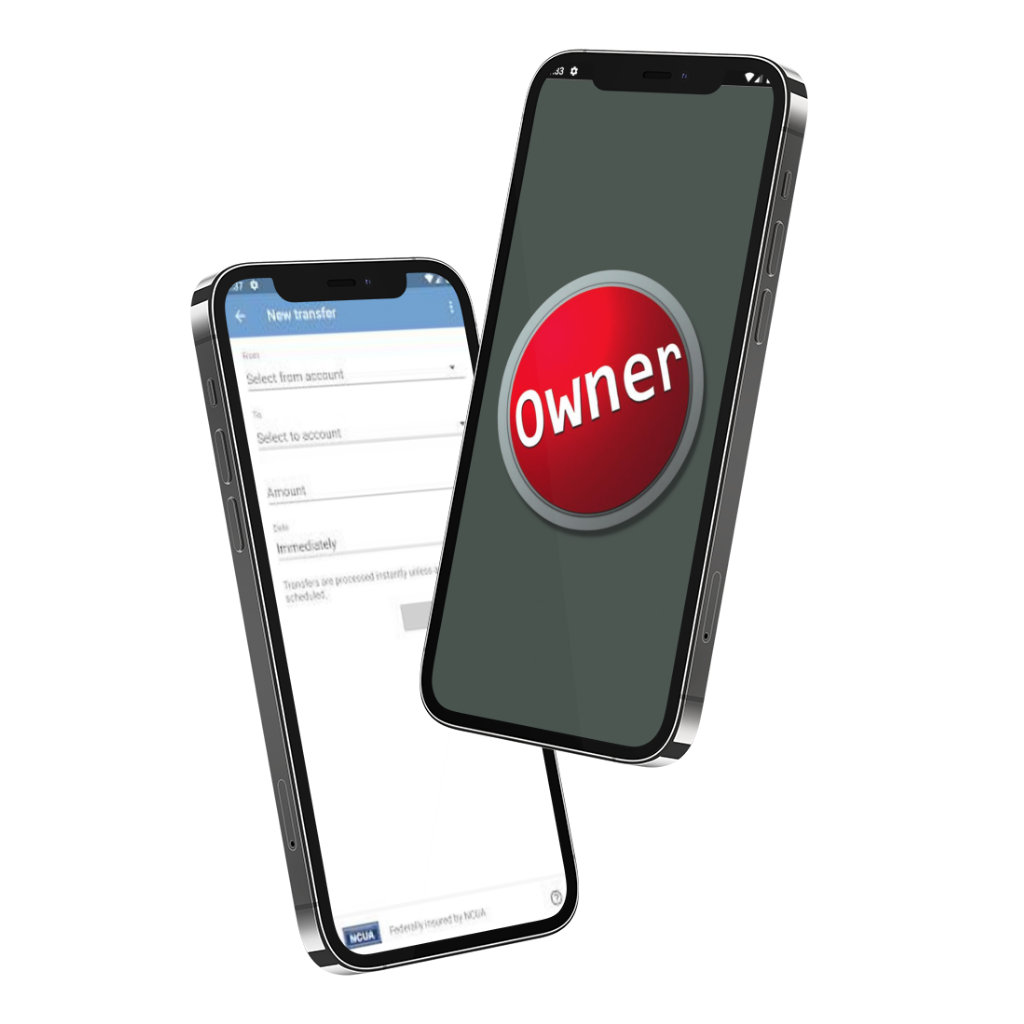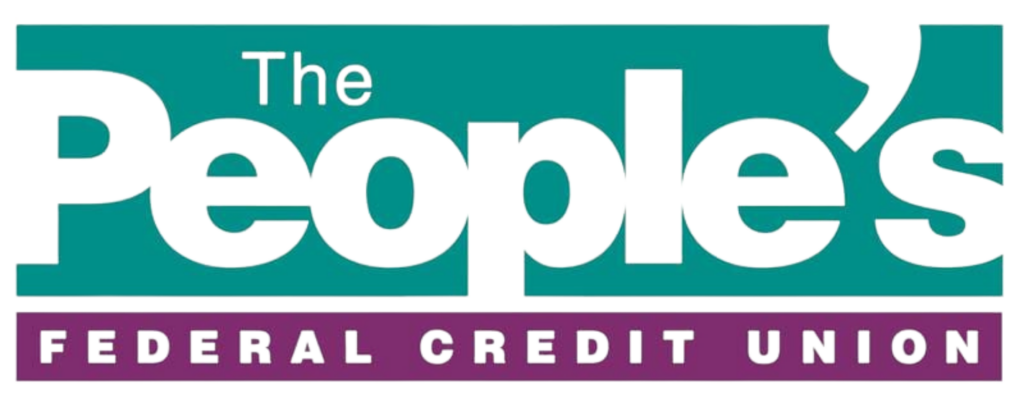Spending money will always stand as one of the most common temptations. Shopping for clothes, eating out frequently, and buying event tickets are instances where people find themselves spending more money than they may need to. Knowing how to manage these temptations will help you yield the best financial results for yourself moving forward.
While mitigating spending temptations may sound dull or uninteresting in the moment, the money you save now will create more opportunities for fun and financial peace of mind in your near and long-term future.
Let’s jump right into some strategies you can use to resist spending money that’s burning a hole in your pocket.
Ask Yourself the Right Questions
It’s helpful to have an inner dialogue with yourself when faced with spending temptations. You can move this self-talk in a positive direction by thinking with your wise mind.
When faced with an urge to spend money, you can think “Do I need this?” We understand there are things in life we don’t need that are still pleasurable to buy. Asking yourself if you need to spend money on something specific helps you weigh how necessary the potential purchase is. Following through on an impulse purchase that you don’t need can lead to buyer’s remorse or feelings of shame. These negative feelings are completely avoidable.
Similar to thinking if you need something, you can ask yourself “Will the thing I’m considering buying make my life better?” Many purchases can make us feel good in the moment or for a short amount of time. Looking into the future can help you visualize whether or not the item or service you’re thinking about buying is worth the cash.
If you’re having trouble deciding how necessary or valuable a potential purchase is, you can ask yourself “What else can the money be used for?” If ideas like bills, food, or gas for your car come to mind, it’s best to prioritize those areas.
Pause and Use the 24-Hour Rule
Buying temptations can easily lead to impulsive spending. You can meet these impulsive urges by simply pausing. Once you pause, you put space between you and your impulse so you can observe your urges from an objective point of view. Entering this objective state of mind can help you practice some logical thinking and make a wise decision. Pausing in the moment is excellent, but pausing for 24 hours is even better. A 24-hour window gives you enough time to pose the right questions and pivot away from emotion-based choices.
Make a List When Shopping
A lack of organization and direction can facilitate unnecessary purchases. You’ve probably heard the advice that you shouldn’t go grocery shopping while hungry and without a list. If you visit a grocery store after eating and with a list in hand, you can circumnavigate hunger cues that might have you buying more junk food than you usually would or purchasing larger amounts of food than you truly need.
This same line of logic can be used during any other shopping endeavor. Sticking to a list and checking off your list’s items will leave you with a sense of accomplishment and more money in your accounts.
Consider making a meal plan during your next trip to the grocery store so you’re prepared to meet your needs daily. It’s much easier to spend money eating out if you don’t have ingredients and supplies at home to relieve your hunger.
Superfluous spending can still occur with a shopping list on hand. You can enhance the quality of your list by making a top-three list of items you need and adjust that number accordingly.
Track Your Spending
Tracking your spending helps you keep tabs on your financial progress. Having a fuller sense of your economic progress can help you organize your spending habits and avoid unnecessary stress down the road. You’ll be less likely to spend impulsively when you value the idea of maintaining and growing your current financial status.
When you closely monitor your finances, you become more aware of spending practices doing you more harm than good. You never want to find yourself in an instance where you’re spending more than you’re making, as this can eventually lead to debt.
Stick to Cash
The tangibility of cash helps you remain more aware of the money you’re spending and operate within responsible limits. Primarily using a debit card can foster instances of overspending, as you’re less connected to numbers displayed on a cash register or digital receipt.
While using a credit card intermittently is necessary for establishing and maintaining a solid credit score, you can easily fall victim to spending temptations when you have a credit card to fall back on.
Some justifications for using a credit card to spend unnecessarily can include a person adopting a “tomorrow’s problem” mentality. You may think “I’ll make monthly card payments even though I don’t have the money now” or “I’ll have the amount to pay this off by the time my statement arrives.”
Having the ability to make money back in the future doesn’t necessarily mean you should follow through with a purchase.
Make Room for Healthy Spending
Don’t worry. Our list of suggestions isn’t solely based on restraint. You should absolutely reward yourself with healthy spending, as this practice will make certain buying temptations less appealing. You may not want to go on that upcoming shopping spree if you’ve recently rewarded yourself with a new pair of shoes that you can afford from proper financial management.
A person can foster responsible spending by budgeting a certain amount of weekly or monthly money to spend on going out, retail items, and other things that tempt us to hand over our money.
Practice Retail Therapy Cautiously
Retail therapy can go south when you develop a habit of overspending and frequently buying things you don’t need. You can achieve feelings of gratification during and after retail therapy by:
- Setting spending limits
- Shopping for items that you need
- Window shopping
- Pausing and waiting to see if you really want something
Sale and markdown traps can lead to a person justifying compulsive buying and overspending. Stick to the list above, and you should be able to treat yourself in the right manner.
Avoid Picking Up the Tab Too Frequently
Picking up a restaurant tab, giving someone a gift, or treating someone to an event on occasion is a thoughtful thing to do, but your finances can take a negative turn if you make this kind of generosity a regular habit. People can treat others too frequently due to the satisfaction one feels from taking the lead financially and putting on a good time.

Identify Your Spending Weaknesses
Identifying your spending weaknesses helps you stay alert for triggers that can influence unnecessary spending. Suppose you know that you can’t visit a vinyl record store without buying a new album. In that case, you’ll achieve more financial stability by matching your record store visits with your responsible spending limits.
Advertisements are designed to get you to purchase a product or service. Having an awareness that a particular advertisement is designed to motivate spending can help you move into your wise mind and step away from compulsive buying.
With all of this advice, one question remains: What should you do with the money you’re saving?
Capitalize on Your Savings with TPFCU
Financial literacy helps you save money and make the most of the money you’re saving. You can achieve financial literacy with the help of The People’s Federal Credit Union’s (TPFCU’s) Financial Wellness Center.
Our organization’s Financial Wellness Center streamlines your understanding of key financial concepts like saving, investing, mortgages, and much more. TPFCU’s Financial Wellness Center is a free program that’s available from the comfort of your home. Consider opening a savings account with TPFCU before using our online Financial Wellness Center to improve your financial literacy.








